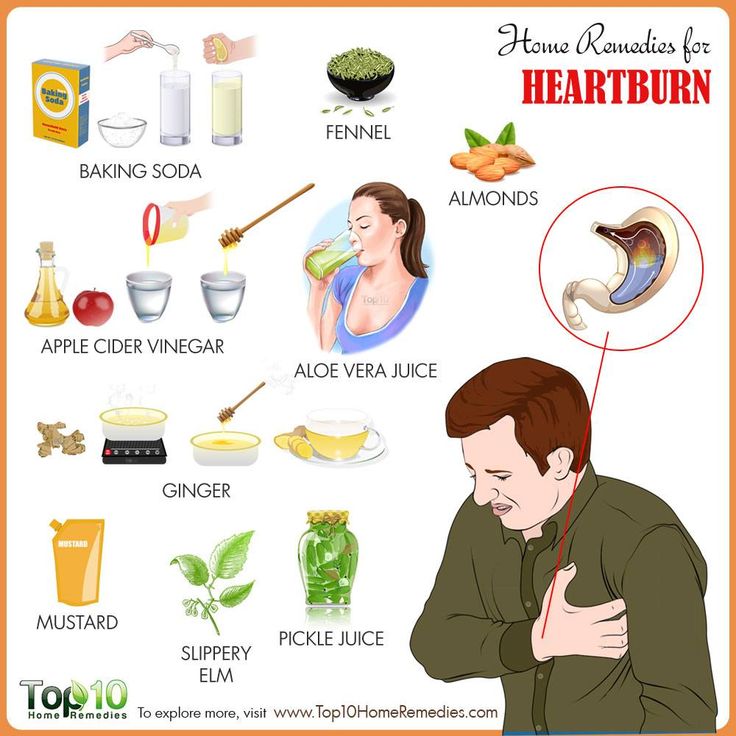Pregnancy while breastfeeding
Fertility - La Leche League International
Breastfeeding can have an effect on your fertility, particularly in the early months. While for some mothers this is a benefit, it can also be a source of frustration for those hoping to grow their families.
Can I get pregnant while I’m nursing?The simple answer is that you can get pregnant while nursing.
However, many moms experience a time of delayed fertility during breastfeeding. This is very common and is referred to in many places as the Lactation Amenorrhea Method (LAM) of contraception.
As described in The Womanly Art of Breastfeeding, the Lactation Amenorrhea Method of using breastfeeding to delay fertility needs all the following to be true:
- Your periods have not returned.
- Your baby is exclusively and frequently fed from your breasts- this is especially important to remember when your little one begins sleeping through the night. It means not just that your baby does not have bottles, but also that they do not use a pacifier, in other words that all of your baby’s sucking needs are met at your breast.
- Your baby is less than 6 months old. If your little one is older and eating solid foods, your chances of ovulating and risk of pregnancy increases. Some moms will find it takes more than six months for their cycles and fertility to return, while other mothers find that their cycles and fertility return earlier than six months. It is also important to mention that after six months, there is a higher chance that you might ovulate and possibly become pregnant before your first postpartum period. If you suspect you are pregnant, you will want to check with your health care professional.
For some mothers, the contraceptive effect of breastfeeding is a very welcome side effect, but it can be worrying and upsetting if over a year has passed since your baby was born and you still have not noticed any signs that your body is returning to being fertile.
You can read more about breastfeeding and menstruation here.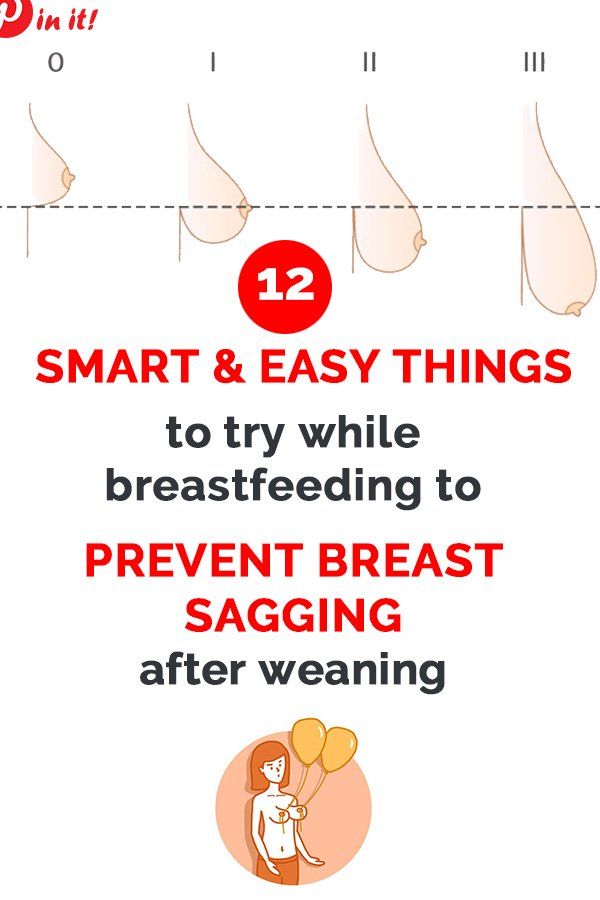 The Womanly Art of Breastfeeding states that most breastfeeding mothers will resume their periods between 9 and 18 months after their baby’s birth. Some mothers find that once their baby starts sleeping for longer spells at night, or if they are separated in the day time (for instance through return to work outside the home) this is enough to reduce the effect that breastfeeding has on reducing estrogen levels, so that their bodies can start to menstruate again. Others find that while their baby is still nursing at all, this seems to be enough to suppress menstruation completely.
The Womanly Art of Breastfeeding states that most breastfeeding mothers will resume their periods between 9 and 18 months after their baby’s birth. Some mothers find that once their baby starts sleeping for longer spells at night, or if they are separated in the day time (for instance through return to work outside the home) this is enough to reduce the effect that breastfeeding has on reducing estrogen levels, so that their bodies can start to menstruate again. Others find that while their baby is still nursing at all, this seems to be enough to suppress menstruation completely.
It can be very hard emotionally if you feel that you are needing to choose between your future hoped for child and meeting the needs of the child currently in your arms. Some mothers like to think of this as an experience of their bodies being in tune with their babies’ needs: when our babies are feeding from us often enough to suppress our fertility, this might be because they are not yet ready to share us with a sibling.
If you need fertility treatment such as IVF to grow your family, you may find yourself faced with some difficult choices. This is a complicated and under-researched area. Some drugs used in fertility treatment are safe to use while breastfeeding; others are not harmful to your baby but can affect your milk supply; and still others could be dangerous.1 You will need to talk carefully to your healthcare provider about the proposed plan, and weigh up the length of time you would like to continue nursing your first child for, with the timing of when you would like to begin treatment.
1https://www.breastfeedingnetwork.org.uk/ivf/
LLL Greece Article
Can you Get Pregnant While Breastfeeding?
The simple answer is yes, but it’s a little bit more complicated than that. In this post, we’ll unpack fertility while nursing, the chances of getting pregnant while breastfeeding, and how tracking your temperature holds the key to your fertility.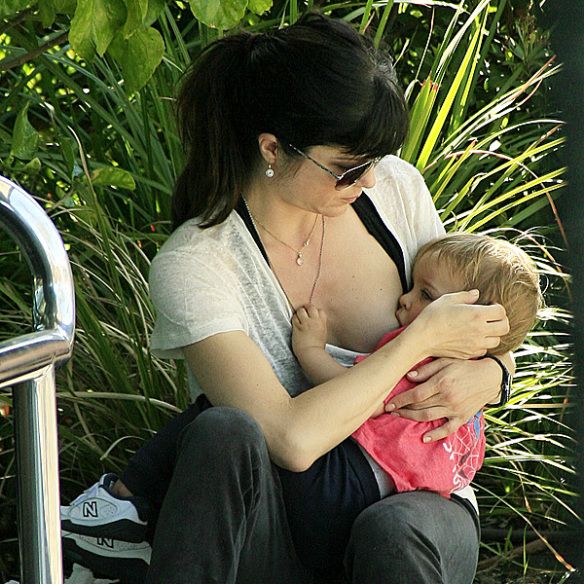 Get comfy, grab a coffee, and join us as we answer ‘can you get pregnant while breastfeeding?’
Get comfy, grab a coffee, and join us as we answer ‘can you get pregnant while breastfeeding?’
This article is also available in Spanish.
How soon can you get pregnant after giving birth while breastfeeding?
If you’re not breastfeeding, you can get pregnant again as soon as three weeks after giving birth. However, a review of studies in 2011 found that most women did not ovulate until six weeks after giving birth, this is different if you choose to breastfeed. If you are exclusively breastfeeding (i.e. feeding your baby only breast milk) this can work as a method of birth control for up to six months after giving birth.
Unfortunately, it’s difficult to know when that first ovulation is going to arrive - you might not know it’s happened until you get your first period after pregnancy, by which point you’ve already been fertile. There are a couple of options available to help you detect ovulation. LH tests can detect a surge in hormones before ovulation, while taking your basal body temperature can confirm ovulation has happened.
Do I ovulate while breastfeeding?
You’re extremely unlikely to ovulate in the first weeks after giving birth, and if you are only feeding your baby breast milk then ovulation is likely to be delayed further. Of course, if you’re not ovulating, then you can’t get pregnant. However, since the signs of ovulation are extremely subtle, you likely won’t be able to tell when it’s coming and prepare for it.
You should get the opportunity to get contraceptive counseling with your doctor both before and after the birth of your baby. This is a good time to consider your birth control options and ask questions as you might want to try a different method of birth control than what you’ve used previously.
Chances of getting pregnant while breastfeeding
If used perfectly, breastfeeding as a birth control can be as much as 98% effective. This means you are only giving your baby breast milk, and only for the first six months. After this time the chances of becoming pregnant will increase.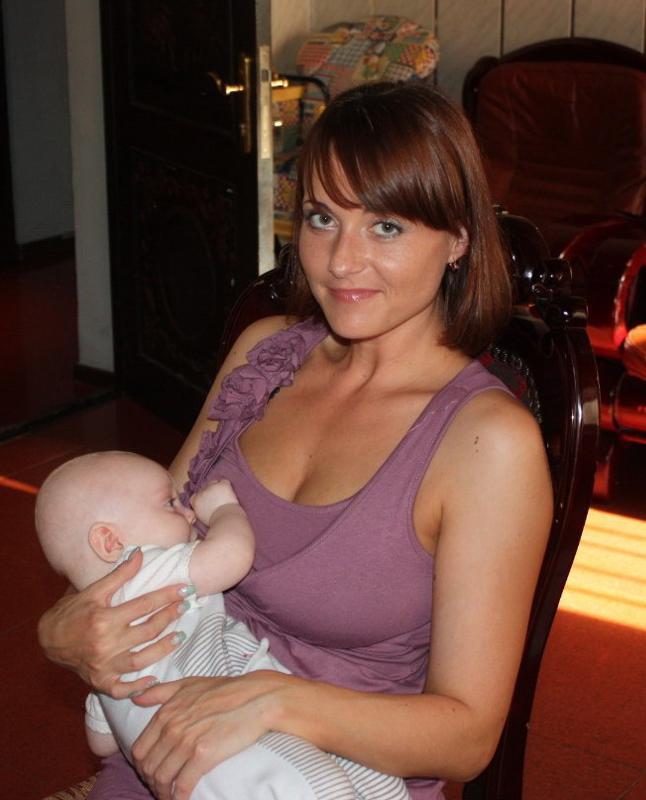 Of course, this varies from woman to woman, and while for some it might take a longer time for ovulation to resume, once it does there is a risk you might get pregnant.
Of course, this varies from woman to woman, and while for some it might take a longer time for ovulation to resume, once it does there is a risk you might get pregnant.
If we look at birth control effectiveness, and take couples who have regular sex without using any protection there is an 85% chance they will fall pregnant within a year. Again, if you are breastfeeding exclusively, then ovulation is likely to be halted for the first months after giving birth and you can rely on breastfeeding as contraception during this time.
Pregnant while breastfeeding symptoms
The symptoms of early pregnancy can be hard to detect at the best of times, but if you’re looking after a little one and you’re having irregular cycles, it might be extra hard to detect a pregnancy. However, some symptoms of becoming pregnant while breastfeeding include:
- Missed/late period
- Tiredness
- Nausea
- Sore breasts
The symptoms of early pregnancy are also very similar to those of PMS, so it can be a little confusing - especially if you have been experiencing irregular cycles after giving birth. If you’re in doubt, take a pregnancy test and consult with your doctor if you still have concerns.
If you’re in doubt, take a pregnancy test and consult with your doctor if you still have concerns.
Birth control and breastfeeding
You can use both hormonal and non-hormonal birth control while breastfeeding. However, for the first three weeks after giving birth you should avoid birth control containing the hormone estrogen. You might want to try a non-hormonal birth control method post-pregnancy - or if the pill has always worked for you, you might reach for the packet again. Either way, it’s a good time to have a discussion about the available methods with a healthcare professional.
Using Natural Cycles while breastfeeding
Natural Cycles is an FDA Cleared app and thermometer that helps you understand your own personal fertile window. Natural Cycles has three modes that adapt to your unique fertility journey: NC° Birth Control, NC° Plan Pregnancy and NC° Follow Pregnancy.
Regardless of whether or not you choose to breastfeed, we recommend you start using Natural Cycles once you get your first period after giving birth. You can use Natural Cycles earlier, but keep in mind that until your first ovulation has been detected, NC° Birth Control will give you only red days.
You can use Natural Cycles earlier, but keep in mind that until your first ovulation has been detected, NC° Birth Control will give you only red days.
We hope you’ve learned lots about breastfeeding, preventing pregnancy, and when you’re likely to ovulate again after giving birth. There’s lots more to learn about your body and whether you’re looking to plan or prevent pregnancy, Natural Cycles is a great tool that gives you personal insights into your own cycle. Are you ready to take control of your fertility?
Breastfeeding pregnancy: first signs
0-6 months
Article
0 reviews
Is it possible to get pregnant during lactation? There is an opinion that this is impossible. However, in practice, such cases are not uncommon. How to recognize the first signs of pregnancy while breastfeeding and what are the risks? More on this later in the article.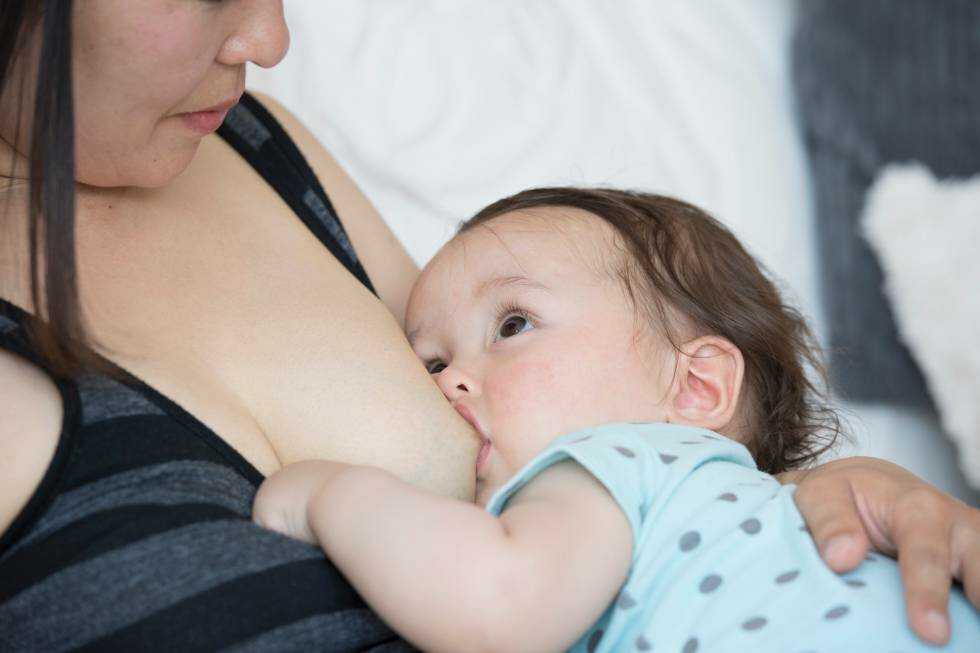
4 min. for reading Feb. 17, 2022
What happens in the body of a breastfeeding woman
Immediately after the birth of a child, the amount of a special hormone, oxytocin, increases in a woman's body. It causes the uterus to contract after childbirth and is also responsible for the production of breast milk. The more often you breastfeed your baby, the higher the concentration of oxytocin in the blood. Interestingly, the same hormone is a provocateur of lactational amenorrhea. In other words, it is he who is to blame for the absence of menstruation.
It is generally accepted that as long as you are breastfeeding your baby and there are no periods, it is impossible to get pregnant. After all, there is no menstruation, no ovulation. No ovulation - no egg ready for fertilization. Everything is logical. In some women, amenorrhea can last a year or two, and in some - a month.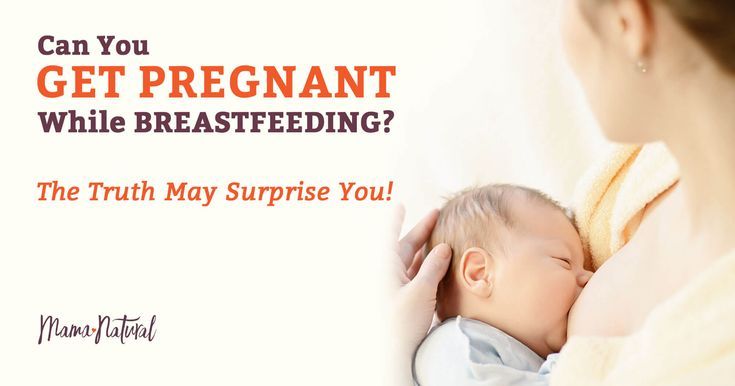 And to understand when it ended is extremely difficult. The main sign of the restoration of fertility (ability to reproduce) is menstruation. But menstruation begins two weeks after ovulation. Therefore, a sexually active nursing mother can become pregnant again at any time, without even knowing it.
And to understand when it ended is extremely difficult. The main sign of the restoration of fertility (ability to reproduce) is menstruation. But menstruation begins two weeks after ovulation. Therefore, a sexually active nursing mother can become pregnant again at any time, without even knowing it.
In addition to oxytocin, the amount of prolactin in the body of a nursing woman also increases. It blocks the growth of follicles and ovulation, but there is no guarantee that the follicle will not start growing. Therefore, it is also impossible to exclude the possibility of fertilization during this period.
Pregnancy while breastfeeding: how it is possible
Unplanned fertilization during lactation can occur, doctors say. The fact is that during breastfeeding, fertility decreases, but does not freeze completely. And if a woman is breastfeeding her baby on schedule rather than on demand, or if she alternates between breastfeeding and formula, the chances of getting pregnant again are quite high.
Longer intervals between feedings or complete weaning of the baby from the breast reduces the level of oxytocin and prolactin in the blood. This, in turn, starts the process of follicle growth and ovulation, the resumption of the menstrual cycle. If you are not planning a second child in the first year after the birth of the first, consider contraception.
Symptoms of pregnancy while breastfeeding
How to determine pregnancy during lactation? It's not easy enough. Breastfeeding mothers often simply do not notice the classic signs of the birth of a new life in the womb, attributing them to the natural postpartum state of the body. Indeed, insomnia, anxiety, excessive fatigue, nausea and back pain are quite typical phenomena for a woman who has recently given birth. And the most obvious symptom of pregnancy - the absence of menstruation - is completely written off, since they are not there anyway. How do you know if you are pregnant or not?
See also: The second child in the family
The first signs of pregnancy during breastfeeding may be:
- You are more tired than usual and constantly want to sleep.

This symptom can be attributed to sleep deprivation at night and baby care, which takes all your strength. However, if you notice that you are getting tired more than usual and in the morning you feel completely overwhelmed, even if the baby did not wake up at night, buy a pregnancy test.
- Often run to the toilet
This may be due to cystitis or kidney disease, or it may be one of the symptoms of a new pregnancy. Our body is designed in this way: as soon as a new life is born in the womb, the body increases blood flow to provide the unborn baby with all the necessary substances. This in turn causes the kidneys to produce more urine. Do you often go to the toilet? Make an appointment with a gynecologist and buy a pregnancy test.
- You feel pain in your chest
This may be due not only to stagnation of milk, but also to a new pregnancy. Changes in the amount of estrogen and progesterone cause those very painful sensations in the mammary glands.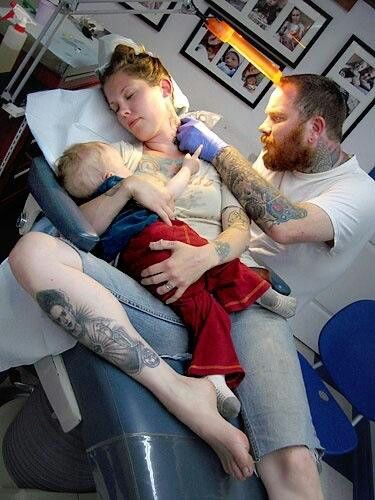 Are you seeing this symptom in yourself? Buy a test.
Are you seeing this symptom in yourself? Buy a test.
- You feel sick in the morning.
Anything can make you feel sick, including an increase in the concentration of hCG in the blood. This hormone increases during pregnancy. Take blood tests and take a pregnancy test. It will respond to changes in the composition of urine, even during lactation.
- The baby refuses to breastfeed.
When a new pregnancy occurs, the hormonal background changes. Because of this, the taste of breast milk changes, its consistency thickens and it becomes smaller. Therefore, your baby may refuse to take the breast, will be naughty and constantly demand to eat.
Pregnancy during lactation: pros and cons
Another baby in the family is a joy. You should be aware of the possible risks and positive aspects that a new pregnancy promises.
It is much easier to bring up children who are the same age as children with a difference in age of several years.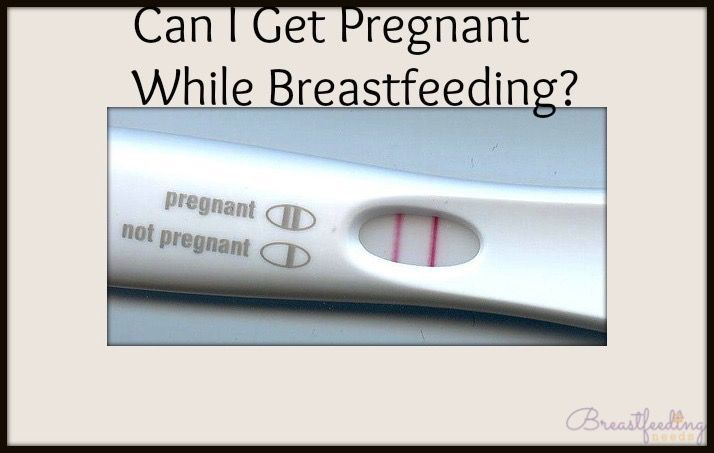 They have a common daily routine, common interests and toys for two. It will be easier for you to adjust.
They have a common daily routine, common interests and toys for two. It will be easier for you to adjust.
Possible risks:
- A woman's body needs at least 2 years to fully recover after childbirth. A new child may simply not have enough resources for growth and development.
- If the delivery was by caesarean section, the uterus may not be ready. There is a risk of fetal death and irreversible consequences for the woman's health.
- Breastfeeding causes uterine contractions, which can cause miscarriage.
Keeping an unplanned pregnancy or not is entirely up to you. If the first pregnancy and first birth went without complications, it is quite possible to bear a healthy child.
Related Articles:
Sex During Pregnancy
Latest Reviews
Average Customer Rating
0 customer ratings
Snapshot of community ratings
- 5 0
- four 0
- 3 0
- 2 0
- one 0
Is it possible to get pregnant while breastfeeding (lactation)?
Many women think that they cannot get pregnant while breastfeeding.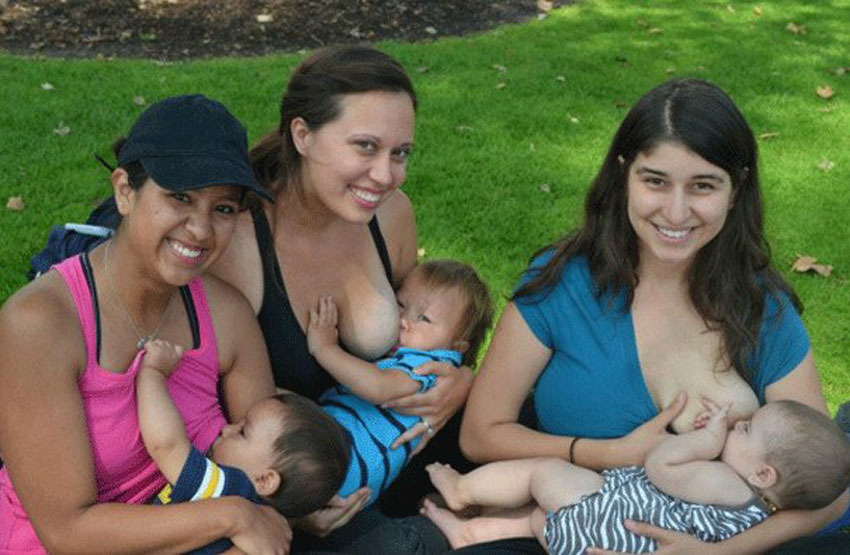 In this period, there is a lack of menstruation or physiological amenorrhea. It would seem that this is the case, because if there is no menstruation, then there is no ovulation, but this is not entirely true.
In this period, there is a lack of menstruation or physiological amenorrhea. It would seem that this is the case, because if there is no menstruation, then there is no ovulation, but this is not entirely true.
This article cannot be used for diagnosis, treatment, and is not a substitute for seeing a doctor.
Lactational amenorrhea
Childbirth is a rather serious stress for the body and after them it needs time for all organs and systems to return to their normal state. The recovery process takes several months, in theory, a woman can become pregnant again after 2-3 months, but when breastfeeding a baby, everything happens differently.
Lack of menstruation during breastfeeding is nature's own mechanism to protect the newborn.
If a woman is breastfeeding, then it is assumed that the baby still needs her attention, which a new pregnancy can take away. Therefore, during feeding, the pituitary gland produces the hormone prolactin, which inhibits the maturation of eggs and ovulation.
Causes of elevated prolactin
Pregnancy while lactating
Many women ask: « Is it possible to get pregnant during lactation? Whether it is necessary to be protected? ". Lactation, as a method of protection, is not perfect, you cannot fully rely on the absence of menstruation during it. According to statistics, about 40% of women become pregnant during lactation.
Many of them do not even realize that they have become pregnant, since there was no menstruation, and no. Sometimes in women menstruation is restored, despite feeding. They can be scarce, resemble postpartum discharge, irregular. Therefore, a woman does not always think that her body is already ready for fertilization and that it is possible to become pregnant during feeding.
The reason for this is the appearance of ovulation, it is restored due to a decrease in prolactin, and this happens for various reasons:
- rare breastfeeding;
- mixed feeding and lack of milk;
- introduction of complementary foods.

Doctor's opinion
It should be noted that many women, with a decrease in breast milk, start feeding the baby incorrectly. Breastfeeding should not be substituted for breastfeeding. It is necessary, on the contrary, to apply the child to the breast as often as possible, this stimulates the receptors, causes an increase in the production of prolactin.
— Shushkova Alexandra Grigorievna
Leading reproductive specialist, obstetrician-gynecologist.
Women during lactation should always remember that ovulation can recover much earlier than normal periods, and if they do not want to become pregnant with a small child in their arms, especially since early re-pregnancy is a serious burden for the body, then you need be protected.
How to protect yourself during lactation
Of course, lactation is a fairly strong contraceptive factor, but you can not always rely on it. It is necessary to take into account some factors that affect the level of prolactin production, when at least one of them appears, it is necessary to begin to be protected in another way.
It is necessary to take into account some factors that affect the level of prolactin production, when at least one of them appears, it is necessary to begin to be protected in another way.
What you need to pay attention to:
- The more time passes after childbirth, the less the mother's body produces prolactin, so when the child is six months old, there is a chance that the level of prolactin in the blood will be insufficient to inhibit ovulation.
- Irregular feeding, rare attachment of the baby to the breast. May cause a decrease in prolactin secretion. Breaks between feedings should be about three hours and no more than five. If the child's diet is different, then there is a chance that the inhibition of ovulation will be insufficient.
- The introduction of complementary foods or complementary foods reduces the stimulation of receptors responsible for lactation, this may affect milk production and reverse regulation of hormone secretion. If it is decided to add milk formulas or other complementary foods to the child, with the exception of water and juices, then the woman needs to start protecting herself.

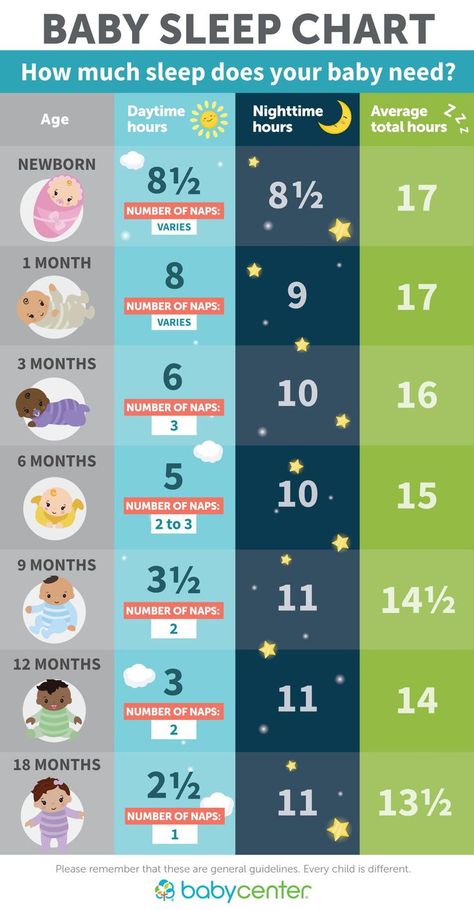
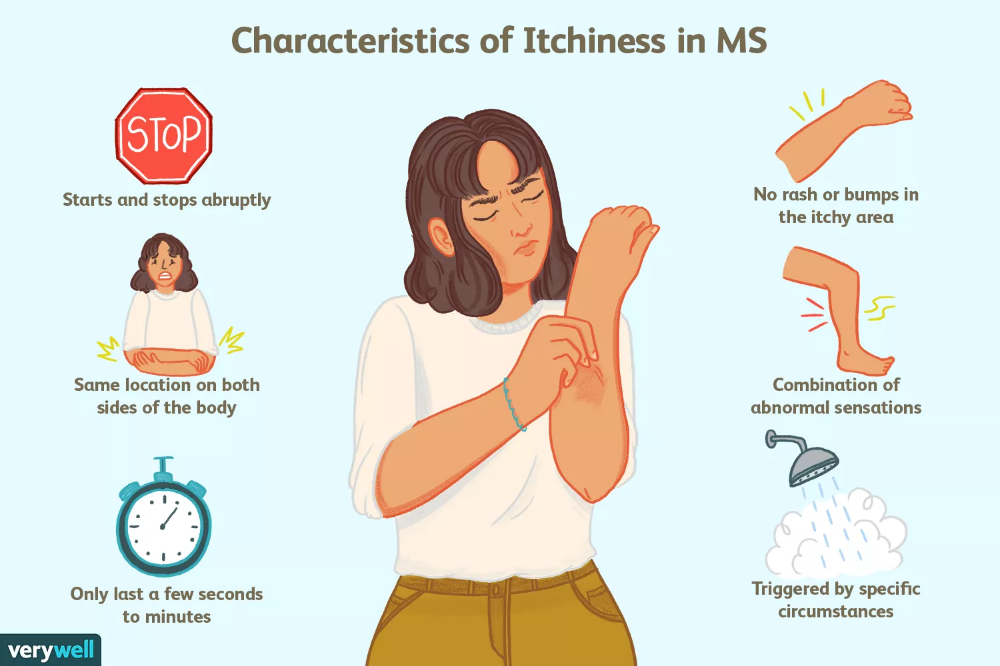

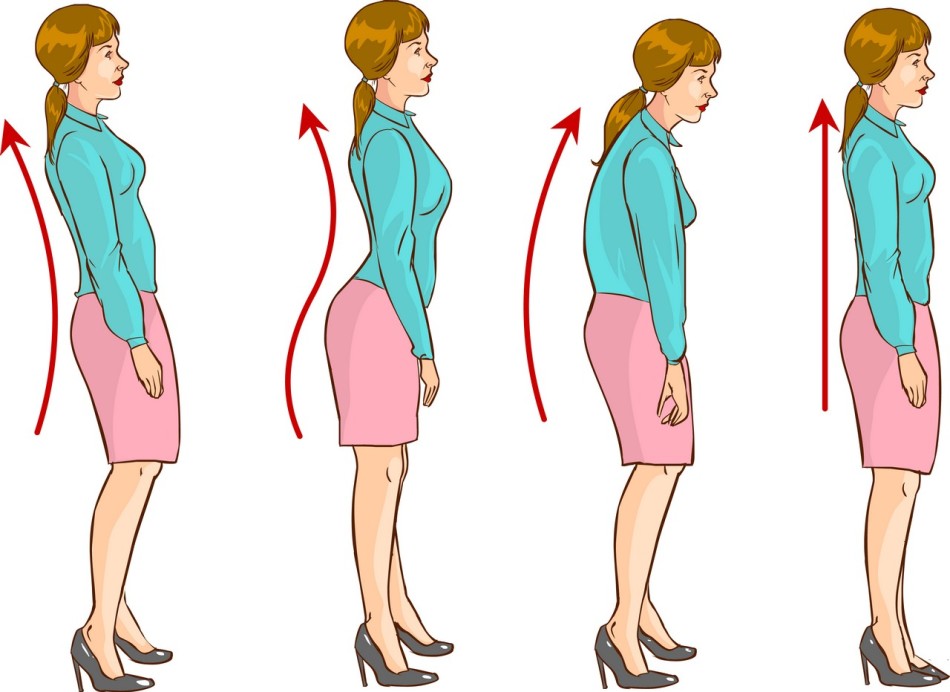
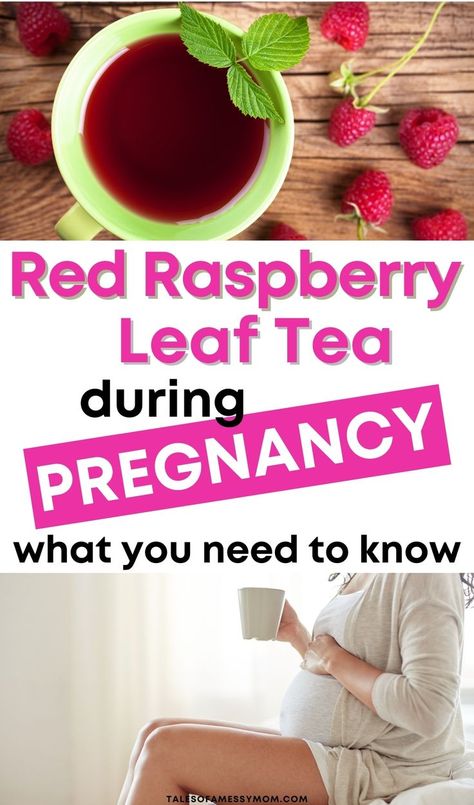
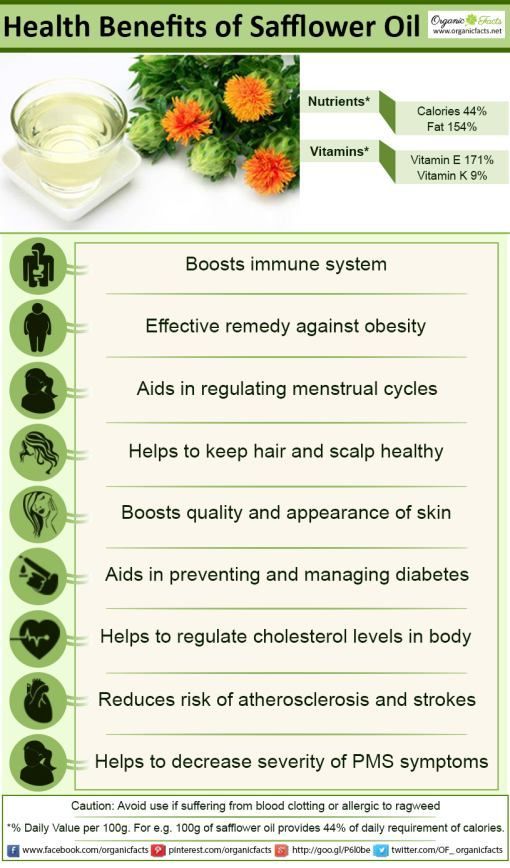
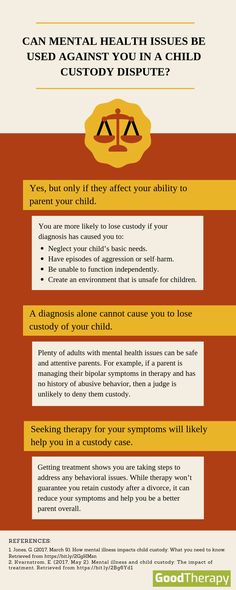
:strip_icc():format(jpeg)/kly-media-production/medias/44327/original/penyakit-plasenta-130708-b.jpg)

